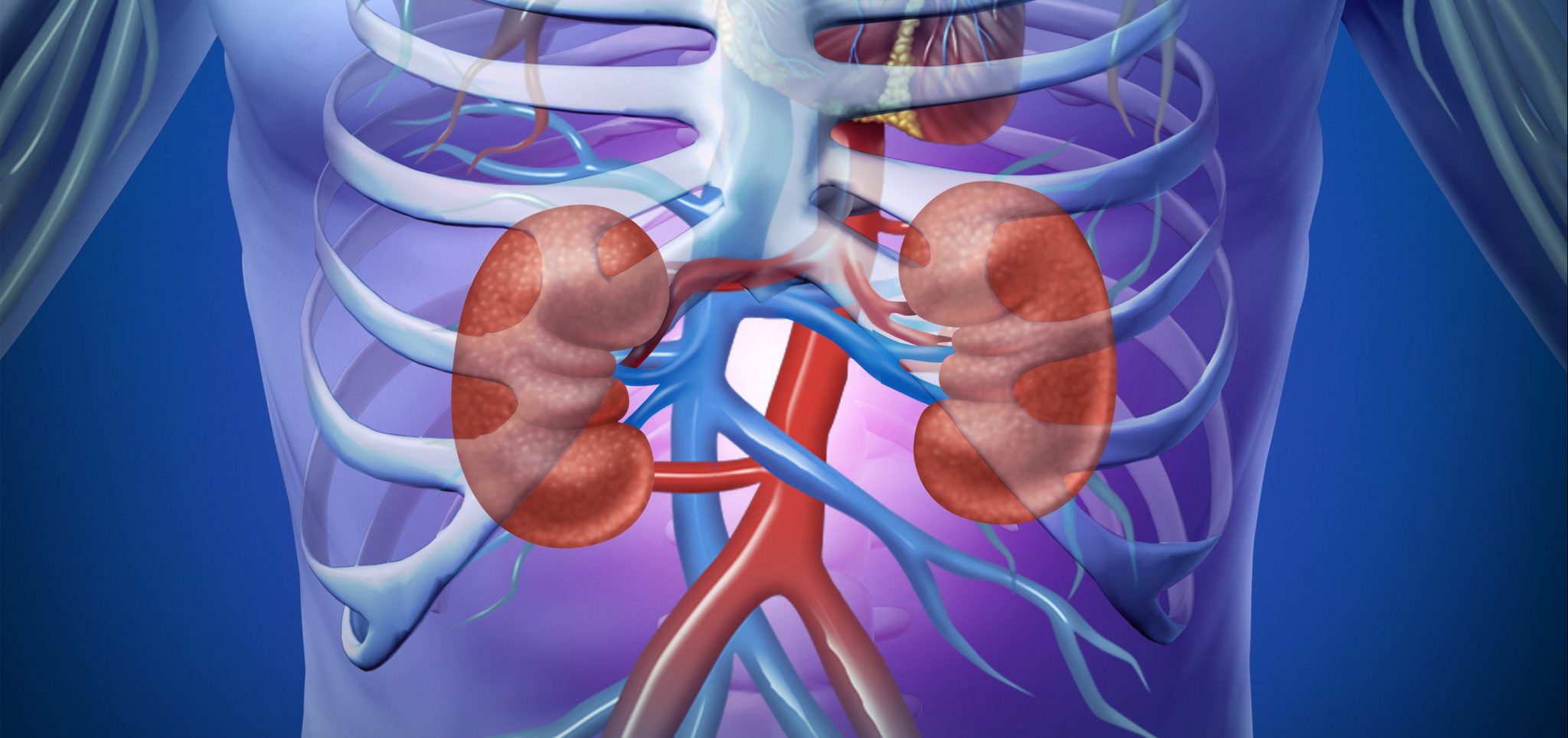One Minden doctor calls the kidney the smartest organ in the human body.
In recognition of World Kidney Day Thursday, Nephrologist Dr. Pallavi Shirsat said screening for kidney issues is very important to either halting or slowing down the progression in chronic kidney diseases.
The kidneys act as a filter that cleans out toxins in the blood. It is responsible for regulating fluid levels, regulating blood pressure and keeping blood minerals in balance. They maintain the chemical balance in the body by removing extra fluid, removing extra salt and other toxins.
Screening is important, she said, because by the time a person begins to show symptoms of kidney disease, the damage is done. This means a person has likely lost 85 to 90 percent of their kidney function, she said. African-American and Hispanic ethnicities are more prone to kidney disease than Caucasians, she added.
“If it is not treated over the long run, it leads to kidney failure,” she said, adding when the kidneys fail, a patient must have dialysis to filter the blood.
“If someone has the risk factors, I would suggest that a patient ask their doctor about their creatinine,” she said. “Creatinine is a substance that is a byproduct from muscle breakdown that happens every day, such as when we walk or our everyday routines. Because our of our body’s metabolism, it creates the chemical creatinine, and it is cleared from the blood by the kidneys. So, if the creatinine is high, most of the time, that means someone’s kidneys are not working well.”
Shirsat said it is important patients ask their doctors for a blood test or a urine test.
Some of the risk factors include high blood pressure, diabetes, smoking, family history, high cholesterol and obesity.
“The kidney is made up of millions of small components called nephrons,” she said. “Once the kidneys are damaged, the nephrons cannot filter blood efficiently. They are not able to get rid of extra toxins that come into the body because of the different metabolic processes in the body. It leads to hyperfiltration, where nephrons increase in size as a compensation to the ones that are damaged.”
Shirsat said eating a healthy diet and exercising are good tools to help prevent kidney disease. Eating fresh fruits and vegetables and staying away from processed foods are good ways to cut salt intake.
All of the risk factors with the exception of heredity are preventable, she said.
World Kidney Day began as an awareness campaign to bring attention to chronic kidney disease. It plays a crucial role in educating the public, the medical community and governments by encouraging prevention and early detection.

